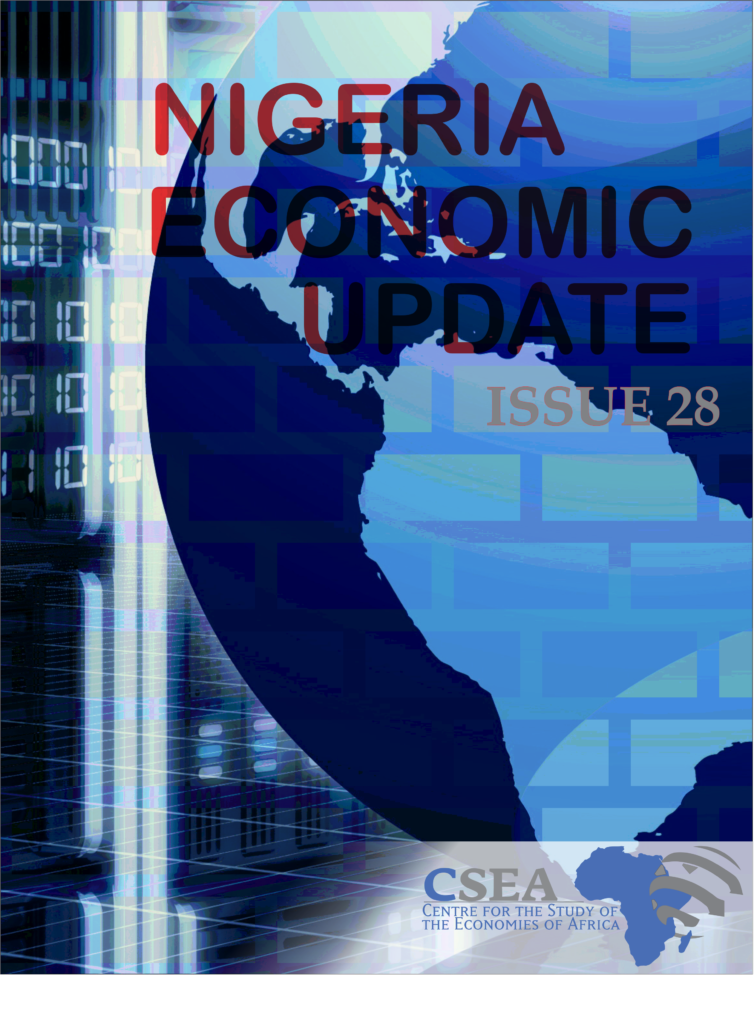Information from the Apex bank shows a likelihood of not attaining the financial inclusion target of 2020 as stated in the Nigeria Financial Inclusion Strategy (NFIS) of 2012. Precisely, the CBN’s 2016 financial inclusion report states that only 58.4 percent of Nigerian adults were financially included as against the overall financial inclusion rate targeted at 80 percent. Similarly, only about 48.6 percent use formal financial services compared to the targeted 70 percent1. Related to the targets are 22 key performance indicators that Nigeria still lags behind in. Leveraging on technology to boost financial inclusion would be a significant step forward
Macroeconomic Report & Economic Updates

August 2, 2018
Nigeria Economic Update (Issue 28)
Information from the Apex bank shows a likelihood of not attaining the financial inclusion target of 2020 as stated in the Nigeria Financial Inclusion Strategy (NFIS) of 2012. Precisely, the CBN’s 2016 financial inclusion report states that only 58.4 percent of Nigerian adults were financially included as against the overall financial inclusion rate targeted at […]
Read →
Related
Net Domestic Credit And Currency In Circulation (CIC):
Net Domestic Credit: Rising net credit to government and private sector have driven the upward trend in NDC, especially post-2008. In 2016Q1, NDC grew largely on the account of the rise in banking sec
Nigeria Economic Review
This report provides an evidence-based analysis
of the state of the Nigerian economy in a bid to inform economic policies
in Nigeria. The report presents some analyses of significant economic events in
Nigeria within the period, and provides an outlook on what policymakers,
businesses, and individuals should expect in subsequent quarters of 2016. It also provides valuable insights
into potential drivers of the economic trends and outlines expectations for
subsequent quarters of the year. The area of focus are Global Economic
Performance, Domestic Economic Performance, External Sector Performance, and
Sectoral Performance.
